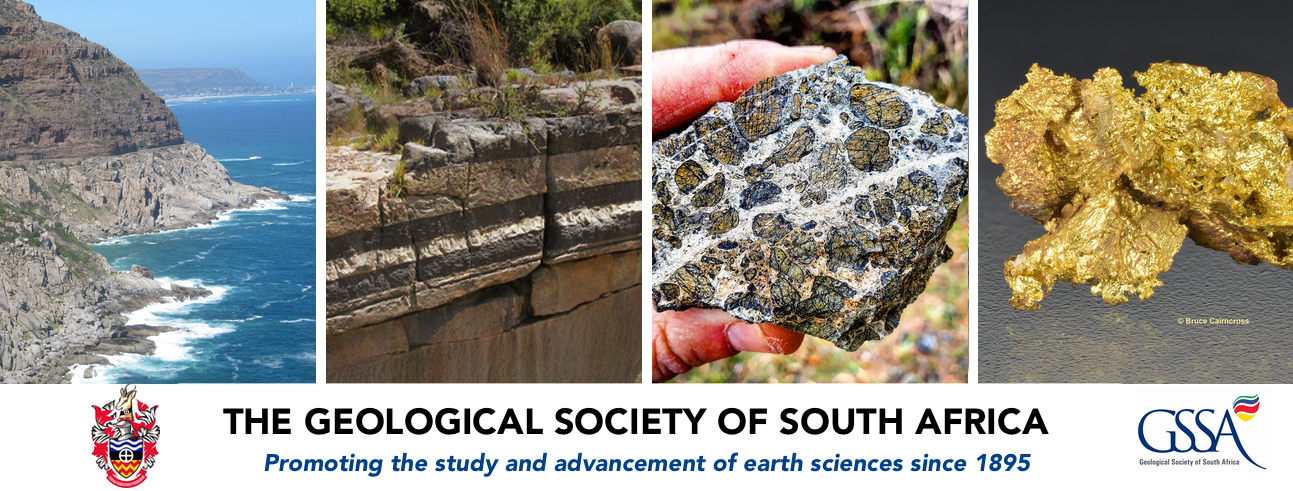Dolomite: (dis)solution 2018. 4-6 June, SANLAM Auditorium, University of Pretoria
Resilience to geological and hydrological hazards in dolomitic terrains is increasingly affected by climate change, rapid urbanisation and unforeseen implications of development during and after construction. The influences of the bedrock properties, karst development, hydrology and proposed development all affect the potential risk posed by the development.
Dolomite and karst research has a long history with the University of Pretoria. Now, with the partnership of the relevant societies for geotechnical engineering, hydrogeology and engineering geology, new advances, technologies and techniques can be showcased to a wide range of interdisciplinary professionals working in dolomitic terrains. Focusing on urban environments and anthropogenic change, the interrelationship between proper understanding of subsurface water, geotechnical properties and resultant behaviour, and mitigation and engineering solutions are highlighted.
Following on the 2014 ler dolomite seminar, this seminar highlights developments in the past years, new directions of thought, and a new paradigm for our ability to safely and optimally utilise both the dolomite land and dolomite water resources, while being able to mitigate risk, monitor change, and effect remediation diligently.
With presentations focusing on building on the status quo, the seminar programme covers:
- Context, status-quo, risks and remediation of dolomitic land (Day 1)
- Legislation, governance and management, including the update of SANS 1936 (Day 1)
- Hydrogeological, engineering geological and geotechnical advances (Day 2)
- Field visits and karst dialogue (facilitated panel) (Day 3)
Continuous Professional Development
ECSA and SACNASP CPD accreditation, 1 CPD per day attendance
Queries: Yolandé van den Berg, info@selahproductions.co.za

